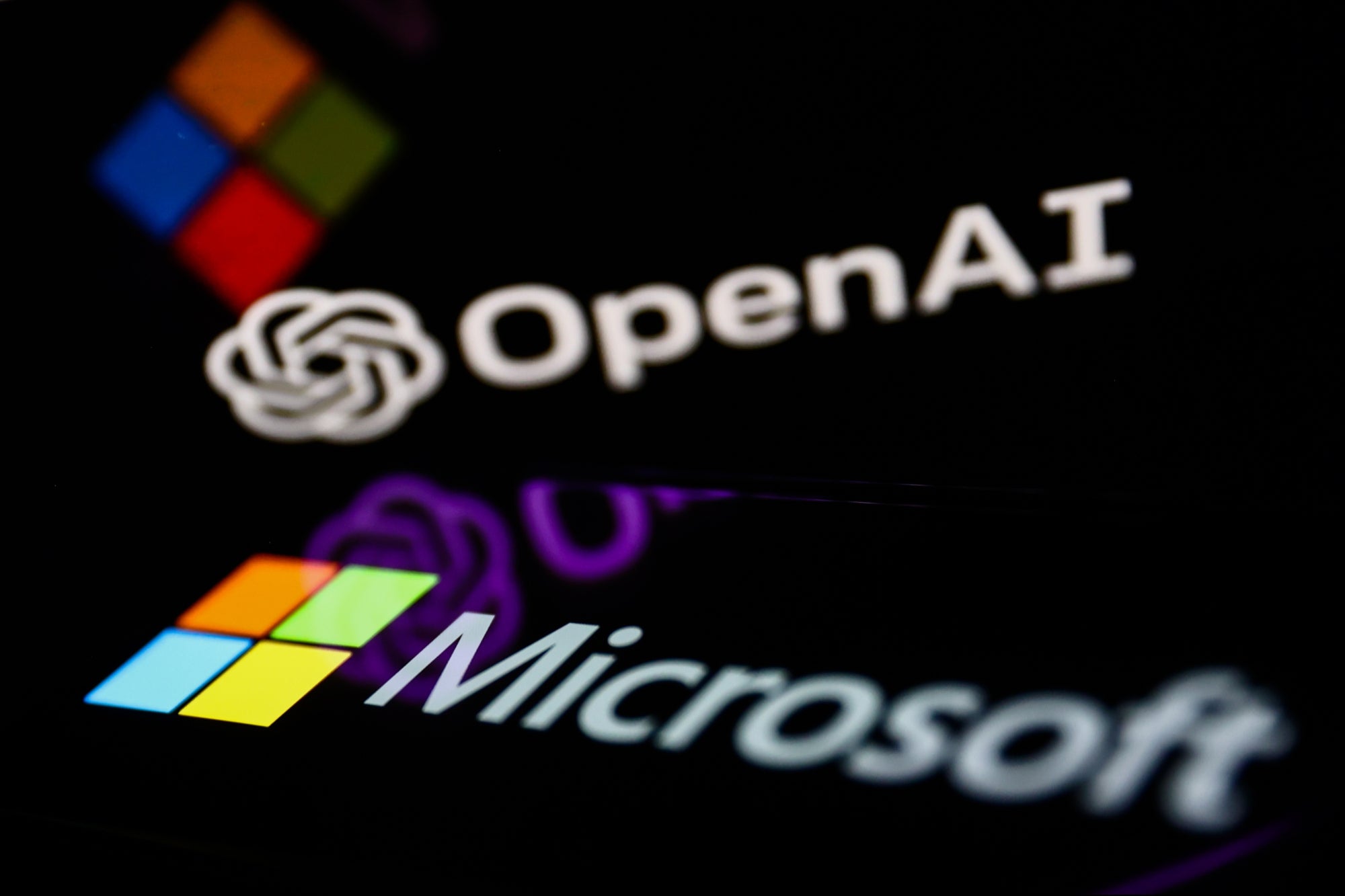Author and Hollywood Reporter editor Julian Sancton has taken legal action against OpenAI, asserting that the organization engaged in unauthorized copying of tens of thousands of nonfiction books. This move marks Sancton’s leadership in a proposed class action filed in a Manhattan federal court, aligning with other copyright owners such as John Grisham, George R.R. Martin, and Jonathan Franzen, who have initiated similar lawsuits against OpenAI and various tech companies. The central accusation revolves around the alleged inappropriate utilization of copyrighted material to train artificial intelligence (AI) systems, with OpenAI and other implicated companies vehemently refuting these claims.
Microsoft Named as a Defendant

In a distinctive twist, this lawsuit stands out by also naming Microsoft as a defendant. This stems from Microsoft’s substantial financial investment in OpenAI and its integration of OpenAI’s systems into its own products. Despite the significant financial backing, both OpenAI and Microsoft have categorically rejected the allegations. OpenAI chose not to comment on the lawsuit due to pending litigation, while Microsoft representatives have yet to respond to requests for comment.
Attorney Justin Nelson, representing Julian Sancton, underscored the perceived injustice in a statement, highlighting that while OpenAI and Microsoft allegedly refuse to compensate nonfiction authors, the AI platform they operate is deemed highly valuable. Nelson characterizes the foundation of OpenAI as built on what he terms “rampant theft of copyrighted works.”
As per the lawsuit, OpenAI is accused of replicating nonfiction books, including Sancton’s own creation, “Madhouse at the End of the Earth: The Belgica’s Journey into the Dark Antarctic Night,” as part of the training process for its GPT large language models. The complaint further posits that Microsoft has played a substantial role in the training and development of these models, holding the company also accountable for copyright infringement.
Seeking legal redress, Sancton has petitioned the court to award an unspecified amount of monetary damages and issue a court order to prevent the alleged infringement from persisting. The resolution of this legal dispute holds potential implications for the ongoing discourse surrounding the utilization of copyrighted material in training advanced AI systems.
Read More (AI)








